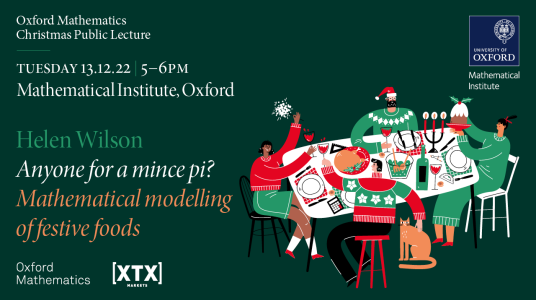Machine learning in solution of inverse problems: subjective perspective
Abstract
Following the 2012 breakthrough in deep learning for classification and visions problems, the last decade has seen tremendous raise of interest in machine learning in a wider mathematical research community from foundational research through field specific analysis to applications.
As data is at the core of any inverse problem, it was a natural direction for the field to investigate how machine learning could aid various aspects of inversion yielding numerous approaches from somewhat ad-hoc but very effective like learned unrolled methods to provably convergent learned regularisers with everything in between. In this talk I will review some on these developments through a lens of the research of our group.


